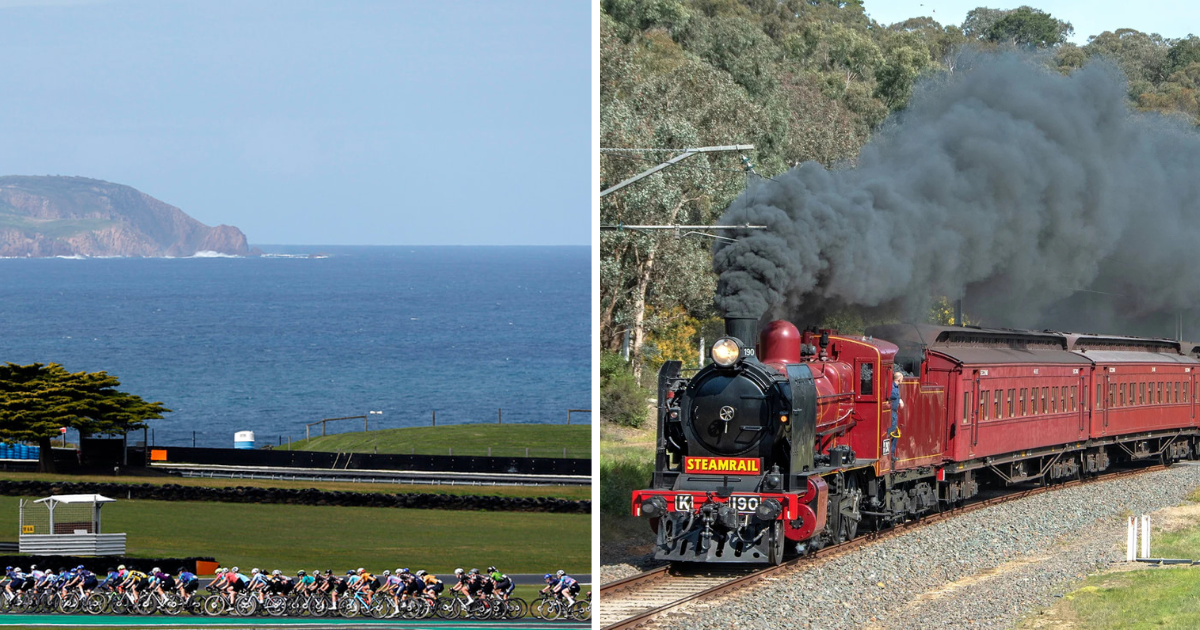“The system is quite broken”: 60,000 new homes required over 15 years to tackle Victorian social housing crisis
The number of households sleeping rough in cars, tents or in the open in Gippsland soared by 32 percent over the last year.

Domestic and family violence are the biggest drivers of homelessness in Victoria, and the sad truth is that demand for accommodation in East Gippsland, Latrobe Valley and Wellington is skyrocketing.
On a per capita basis East Gippsland Shire had the highest rates of family violence support calls in all of Victoria in 2024. Latrobe Valley had the second highest and Wellington Shire the seventh highest.
“The wait time for social housing is so long,” Gippsland Homelessness Network (GHN) co-ordinator Chris McNamara told the Monitor. “We don't know when a person makes an application for public or social housing, just how long it’ll be until they can be housed.
“In many ways the system is quite broken. We haven't got the end product, or the end result, which is housing people long term in affordable housing.”
To draw attention to the dire need for more affordable housing, the GHN, allied community groups and specialised services across Victoria are folding 60,000 origami paper houses statewide and placing them in public spaces.
Victoria needs 60,000 new social homes over the next 15 years if it is to tackle the growing homelessness crisis.
More than half of all the women and children who visited a specialist homelessness service in Victoria in 2022-23 reported they were also experiencing family violence.
South Gippsland Shire councillor and One Gippsland Chair, Nathan Hersey, told the Monitor Gippsland had not been served well by the state government on social and affordable housing.
“What we have noted in the past is that the number of houses that have been actually delivered for the Gippsland region is much lower than other parts of Victoria, and yet we know that the need is increasing, particularly for social housing.”
The occupants of more than 7,520 households in Gippsland were on a “priority access” waiting list for social housing in March 2025, according to the Gippsland Homelessness Network’s most recent data.
There were 572 Gippsland households sleeping rough in cars, tents or in the open in March 2025, an increase of 32 percent from 2023/24.
The GHN is holding an event at Gippsland Performing Arts Centre in Traralgon on Friday August 8 at 11am where origami houses folded by homelessness and allied community services, schools and community groups will be displayed.

